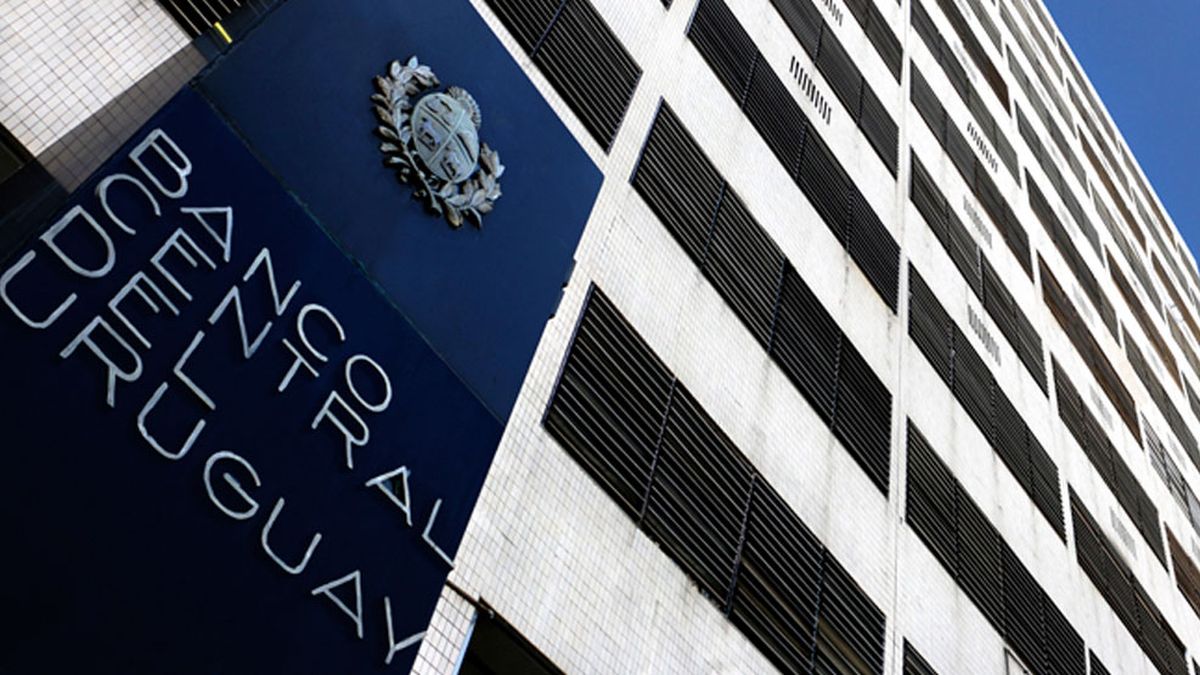The pressure for the Central Bank of Uruguay (BCU) lower the interest rate today after the meeting of the Monetary Policy Committee (Copom) increased in the last hours thanks to good data from inflation that spread yesterday National Statistics Institute (INE).
Although there was a majority consensus among analysts that the BCU would resume on this day the downward path that began in April, when it reduced the Monetary Policy Rate (MPR) from 11.50% to the current 11.25%, most voices stipulated a new reduction of 0.25%.
However, the inflation data updated yesterday by the INE showed a drop greater than that stipulated by the market and the Consumer Price Index (CPI) was -0.46% in Junewith an annual accumulated rate of 5.98%, entering the BCU’s target range of 3-6% for the first time.
The Central Bank has placed the breakeven rate at 2% above inflation. Currently, that rate would be located at 8%, well below the current MPR. Therefore, the possibility of a cut of 50 basis points began to gain strength.
“Market expectations contemplate a drop of 25 basis points for the BCU’s monetary policy meeting in July, but the rule (“a la Taylor”) suggests a greater drop,” said economist Aldo Lema on Twitter.
Uruguay initiated the decrease in interest rates alone last April. However, analysts consulted by the Reuters agency estimate that Chili and Brazil will be added in the coming months.
The contractive policy of the BCU, in tune with the big central banks, such as the Federal Reserve and the European, and with the partners of the region, has been maintained by the government as the main point of containment of the inflationary crisis.
However, this contributed to an important dollar depreciationgenerating discomfort first in agriculture, which since January has been demanding a correction in the exchange rate, now reaching almost all the main sectors of economic activity.
The drop in exports reported yesterday by the government agency Uruguay XXI which estimated the semi-annual drop at 18%, driven by the dismal performance of soybeans and meat, is also mentioned by analysts as a reason for pressure on the BCU to reduce its TPM.
Source: Ambito




